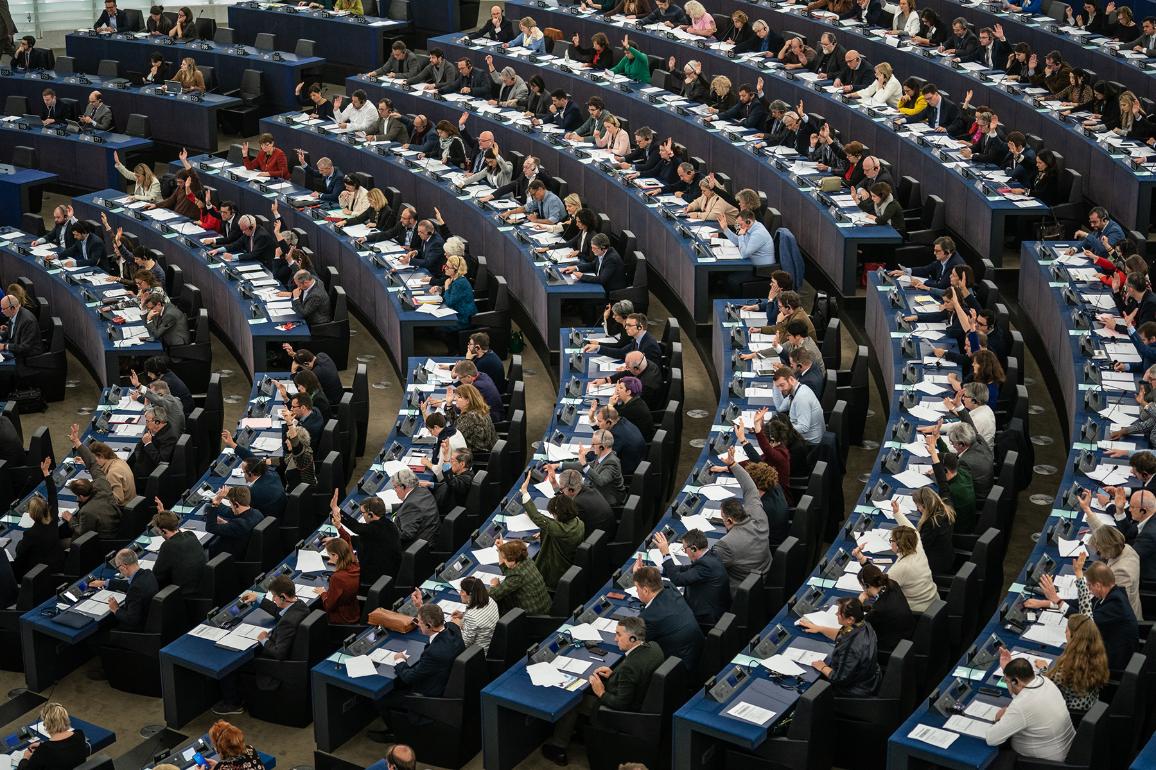10 ways the European Parliament made your life better these last five years
Discover the highlights of what the European Parliament has achieved for you in the 2019-2024 legislative term.
Summary
- As millions of people prepare to vote in the European elections on 6-9 June, it’s the perfect time to look back at some of the issues Parliament delivered for you in the legislative term that has now come to end.
From fighting climate change to boosting work conditions, check out our overview of the main initiatives that have made a difference to your life.
1. Economic recovery
MEPs approved the rules establishing the Recovery and Resilience Facility, the €750 billion Covid-19 recovery plan. It offers large-scale support to EU countries for the investments and reforms needed to mitigate the economic and social consequences of the pandemic and to prepare the EU economies for a sustainable, digital future.
2. Support for Ukraine
Parliament has been committed to helping Ukraine ever since Russia launched its invasion of the country. This included MEPs negotiating a revision of the EU’s long-term budget in order to secure more funding for Ukraine. The Ukraine Facility comprises €50 billion of loans (€33 billion) and grants (€17 billion) until the end of 2027.
3. Climate change
Parliament adopted the EU Climate Law, which establishes a target of reducing greenhouse gas emissions by 55% by 2030 and legally binds the EU to bring net emissions down to zero by 2050.
MEPs then went on to approve many proposals that aim to make sure the EU can achieve its climate objectives.
4. More sustainable cars
MEPs approved rules that all new cars and vans sold on the EU market as of 2035 should produce zero CO2 emissions. The aim is to make the road transport sector climate neutral.
5. Migration
In 2024 Parliament adopted a reform of European migration and asylum policy.
The rules establish that all EU countries should help each other when there is a sudden or large influx of migrants. Member states can contribute by relocating asylum applicants or beneficiaries of international protection to their territory, making financial contributions, or providing operational and technical support.
6. Digital economy
MEPs adopted landmark digital rules to create a safer, fairer and more transparent online environment.
The purpose of the Digital Markets Act is to ensure a level playing field for all digital companies, regardless of their size. The regulation lays down clear rules for big platforms to stop them from imposing unfair conditions on businesses and consumers.
The Digital Services Act gives people more control over what they see online: users have better information over why specific content is recommended to them. Social media will also have to tackle online disinformation and remove illegal content.
7. Artificial intelligence
Parliament approved the Artificial Intelligence Act that ensures safety and compliance of AI tools with fundamental rights, while supporting innovation in the sector. The regulation establishes obligations for AI based on its potential risks and impact.
8. Common charger
Parliament adopted a number of measures to reduce waste and promote a model of circular economy where raw materials and produced are re-used and recycled. This includes making USB type-C the common charging standard for small electronic devices by the end of 2024. This makes it easier for consumers and lowers costs.
9. Right to repair
Parliament adopted new EU rules on the right to repair that aim to encourage more sustainable consumption by making it easier to repair defective goods, reducing waste and supporting the repair sector.
10. Equal pay
EU companies are now obliged to disclose information that makes it easier for employees to compare salaries and to expose existing gender pay gaps, under legislation approved by Parliament.
